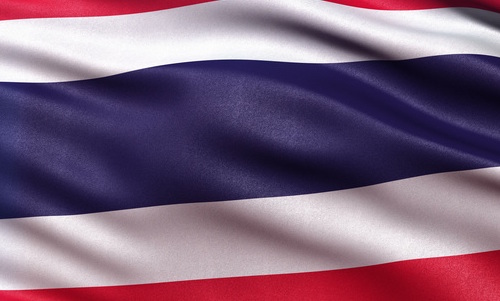Indigenous communities in Thailand described the particular hardship they have faced during the Covid-19 pandemic in a discussion with Thai government officials, United Nations representatives and civil society organized by the ICJ, the UN Office of the High Commissioner for Human Rights and Amnesty International Thailand.
More than 40 individuals representing indigenous peoples, including Karen, Moken or Sea Gypsies and Mani peoples, met on 21 July in Bangkok with academics, a Member of Parliament and representatives from both the Office of the National Human Rights Commission of Thailand and the Ministry of Public Health’s International Health Policy Program.
During the discussion, people from indigenous communities described how the pandemic had made it more difficult for them to enjoy and exercise a full range of their economic, social and cultural rights in Thailand. In particular, they referred to:
- Limited access to healthcare services, goods and facilities, including COVID-19 vaccines, masks and disinfectants, in part due to the fact that some members of indigenous communities are not granted Thai citizenship;
- Limited ability to practise their traditional livelihood generating activities, coupled with an increase in food costs and loss of sources of income during lockdowns;
- Language barriers limiting access to relevant and reliable information about COVID-19 and health services, and to the relief packages provided by the Government; and
- Failures to provide sufficient services to indigenous persons, as well as to collect and disseminate data concerning indigenous populations to improve policy-making processes.
“Thailand has the obligation to take measures to prevent, mitigate and address the harms associated with the COVID-19 pandemic on the economic, social and cultural rights of marginalized groups in Thailand, including indigenous persons”, said Chonlathan Supphaiboonlerd, ICJ Associate Legal Advisor.
Under article 2(2) of the International Convention on Economic, Social and Cultural Rights, to which Thailand is a party, Thailand must immediately guarantee that economic, social and cultural rights be exercised and enjoyed by all people in the country without discrimination, including discrimination on the grounds of real or imputed indigenous status.
During the discussion, Chonlathan Supphaiboonlerd shared findings from a previous seminar on obstacles to the right to health of marginalized groups during the COVID-19 pandemic, held by the ICJ and its partners on 10 November 2020.
The participants in the discussion reiterated that the government has not sufficiently addressed these challenges, which were identified more than half a year ago, and that discrimination against some indigenous peoples continues.
Further reading
Living Like People Who Die Slowly: The Need for Right to Health Compliant COVID-19 Responses





